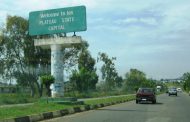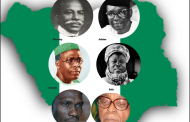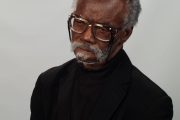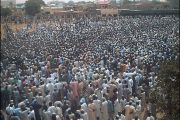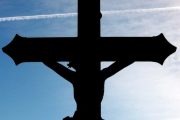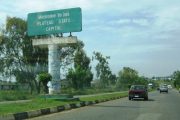The authorities in Sierra Leone says it has arrested the leaders of a security breach that started early Sunday, November 26th, 2023 with troops attacking a major armoury obviously to capture arms with which to stage what, to all intents, would have been a military coup.
Both Reuters and The New York Times have quoted President Julius Maada Bio of Sierra Leone as saying that leaders of the attacks have been arrested and calm restored. Bio was speaking on a nation-wide state-owned television channel in which he admitted that several security spaces in Freetown, particularly the armoury at the Wilberforce military barracks and the Pademba Road Prison came under attack.
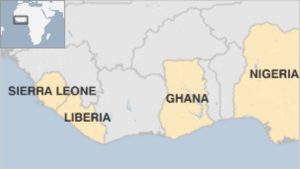
A BBC map showing Sierra Leone and its neighbours
Only hint of the motive of the leaders of the rebellion is what most global media platforms have reported in the form of a quote by an unidentified spokesperson saying “We’ll clean this society. We know what we are up to. We are not after any ordinary civilians who should go about their normal business”. Other than this, there are no clear ideas of what is now an attempted coup with a geopolitical significance.
If the coup had succeeded, it would have meant the syndrome crossing into British-West Africa. Hitherto, French West Africa have been the spaces of coups in the current wave of the phenomenon.
ECOWAS and the United States are the earliest geopolitical actors to condemn the development in Sierra Leone but with most global media platforms, particularly The New York Times and Reuters saying that the political situation in the country has been tense in the aftermath of Maada Bio’s re-election earlier this year. The 59 year-old president himself, said The New York Times, took part in two coups during Sierra Leone’s civil war in the 1990s.
The two media houses added that the results of the election which brought him to power was rejected by his main opponent and questioned by some observers “who cited a lack of transparency”.
Generally, the coup attempt brings back the question of what triggers coups and how best coups might be contained. Most analysts would argue that to the extent that every development must have a discursive condition of emergence, coups are then not a military but social phenomenon. It is in the civil society where coups are designed by hidden, suggestive and sometimes express desire for it by segments that feel constrained to do so. People under arms then build on such sentiments.
If this analysis is correct, it means that no coup can take place if the idea of a coup has not coincided with its desirability in the larger civil society. The analogy about good governance as a cure for coups thus appear to make eminent sense because the suggestive and express hints of desire for a coup are usually civil society’s signs of craving for good governance.
It would seem that there is nothing to add to the position of those who say that disruptive experiences of coup may never be a thing of the past across Africa unless the values of consensus building and rule of law are instituionalised. This sounds so simple but unsurpassable.




